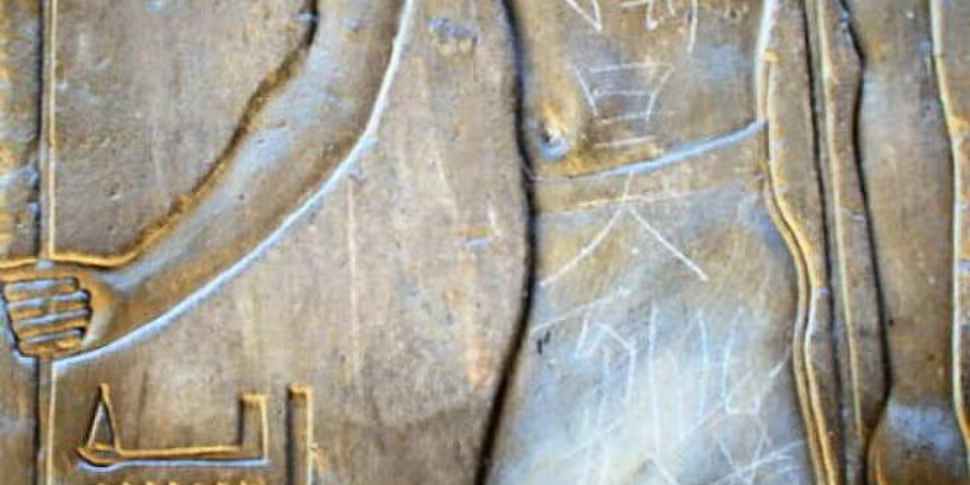14-year old Ding Jinhao carved his name into a relic at Luxor Temple while holidaying in the country. The “Ding Jinhao was here” graffiti provoked outrage in China after it was posted online by another tourist on Sina Weibo (China’s Twitter equivalent) last Friday. The micro-blogger who posted the image wrote “I felt embarrassed. It was my most unhappy moment in Egypt.”
The picture was shared over 90,000 times and attracted almost 20,000 comments over the course of the weekend. After being widely reported by the Chinese media, Weibo members and other Internet users instigated a search to find Jinhao. In less than 24 hours, they had tracked him down to Nanjing in the Jiangsu province.
Jinhao’s parents have apologised for their son’s behaviour, with China Daily reporting that his mother told one local newspaper that “we want to apologize to the Egyptian people and to people who have paid attention to this case across China.”
Sina Weibo and similar sites have been used in the past to identify and criticise government officials, alleged criminals and other prominent individuals. However, while micro-blogging sites are said to offer more freedom of speech than many other Chinese media outlets, they are also subject to censorship. Discussions related to Foxconn workers' strikes and artist & activist Ai Weiwei have previously been removed, while stricter limitations were introduced for all users in 2012.









